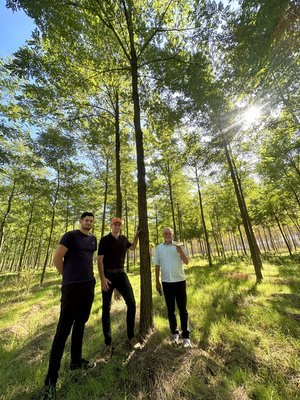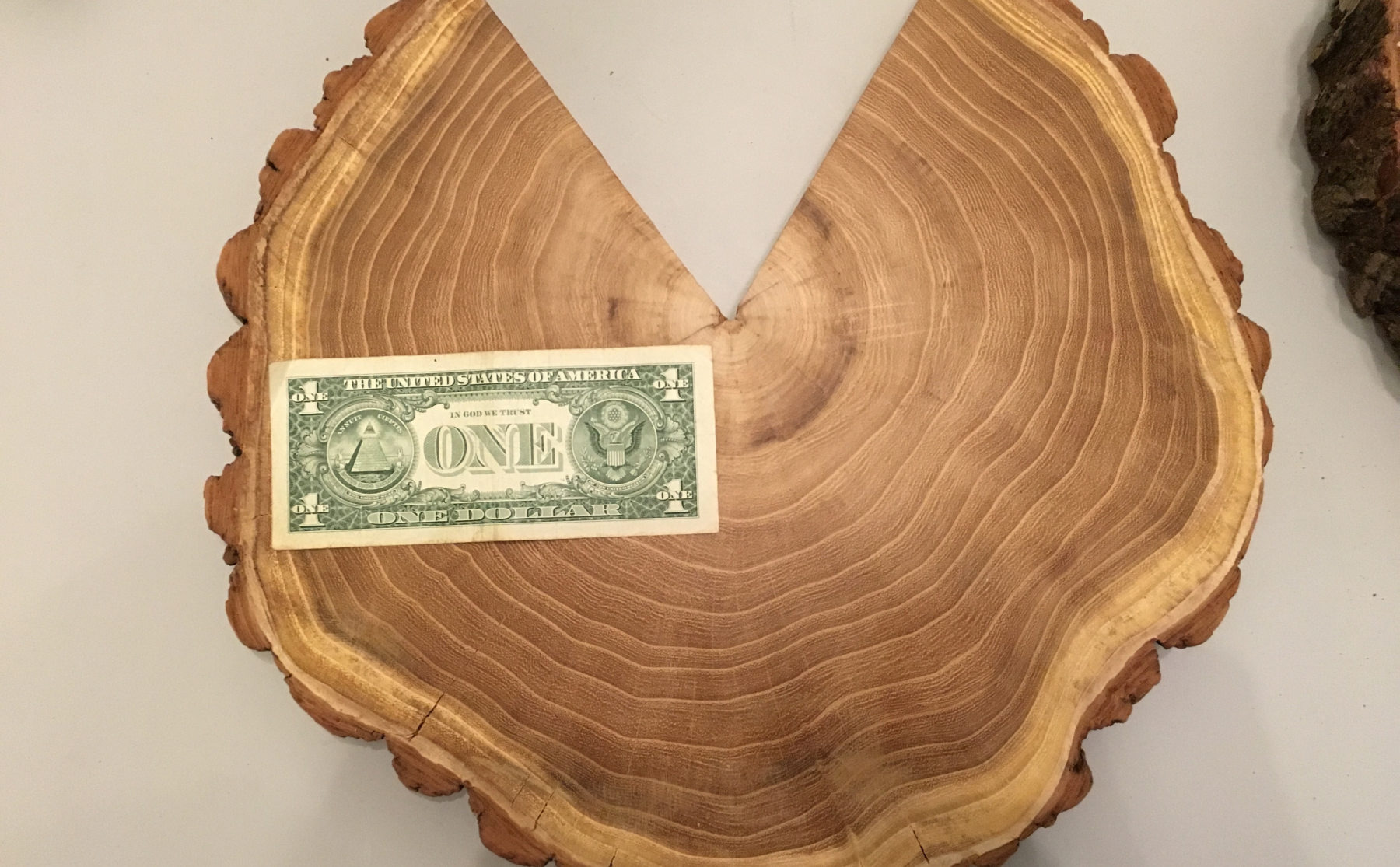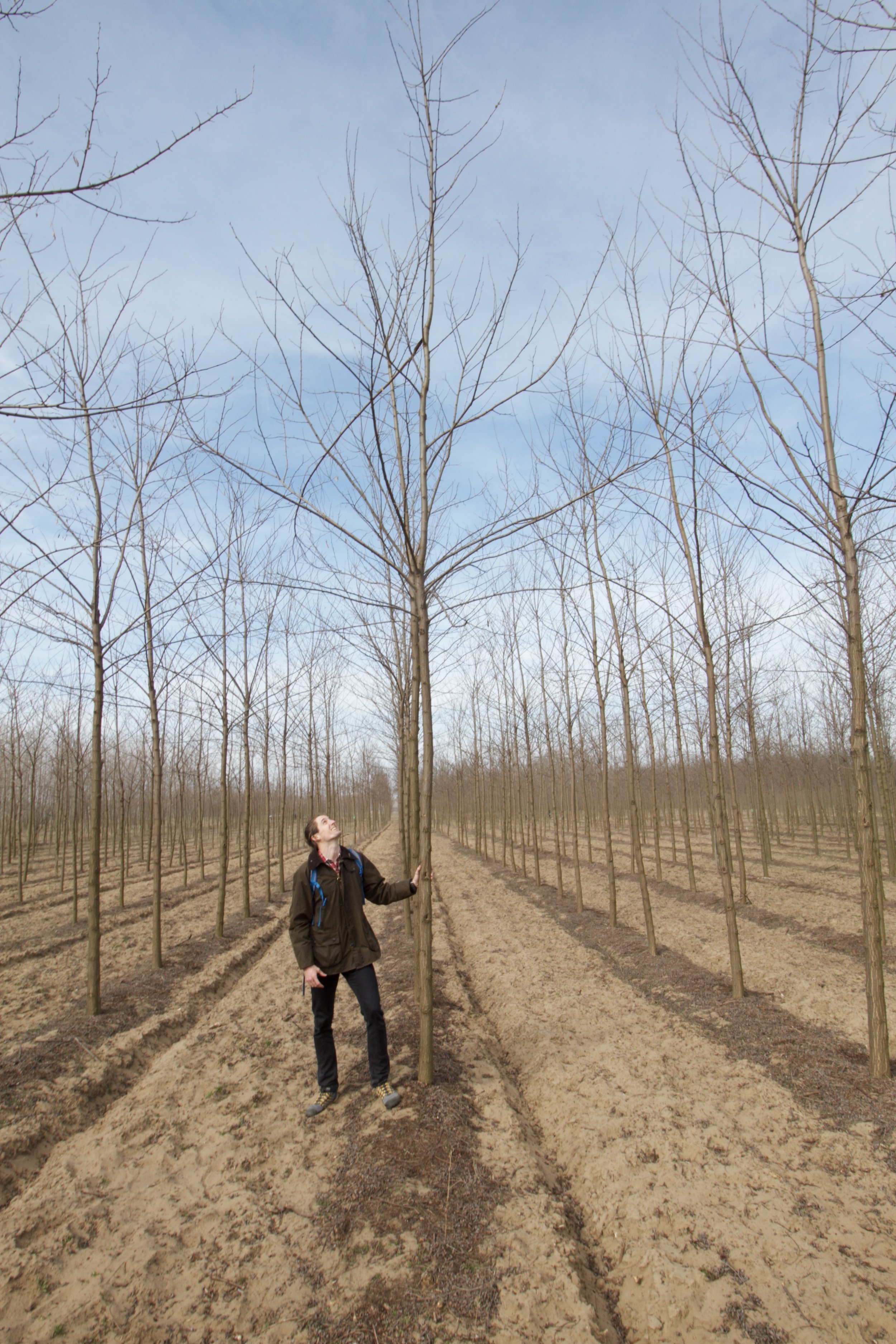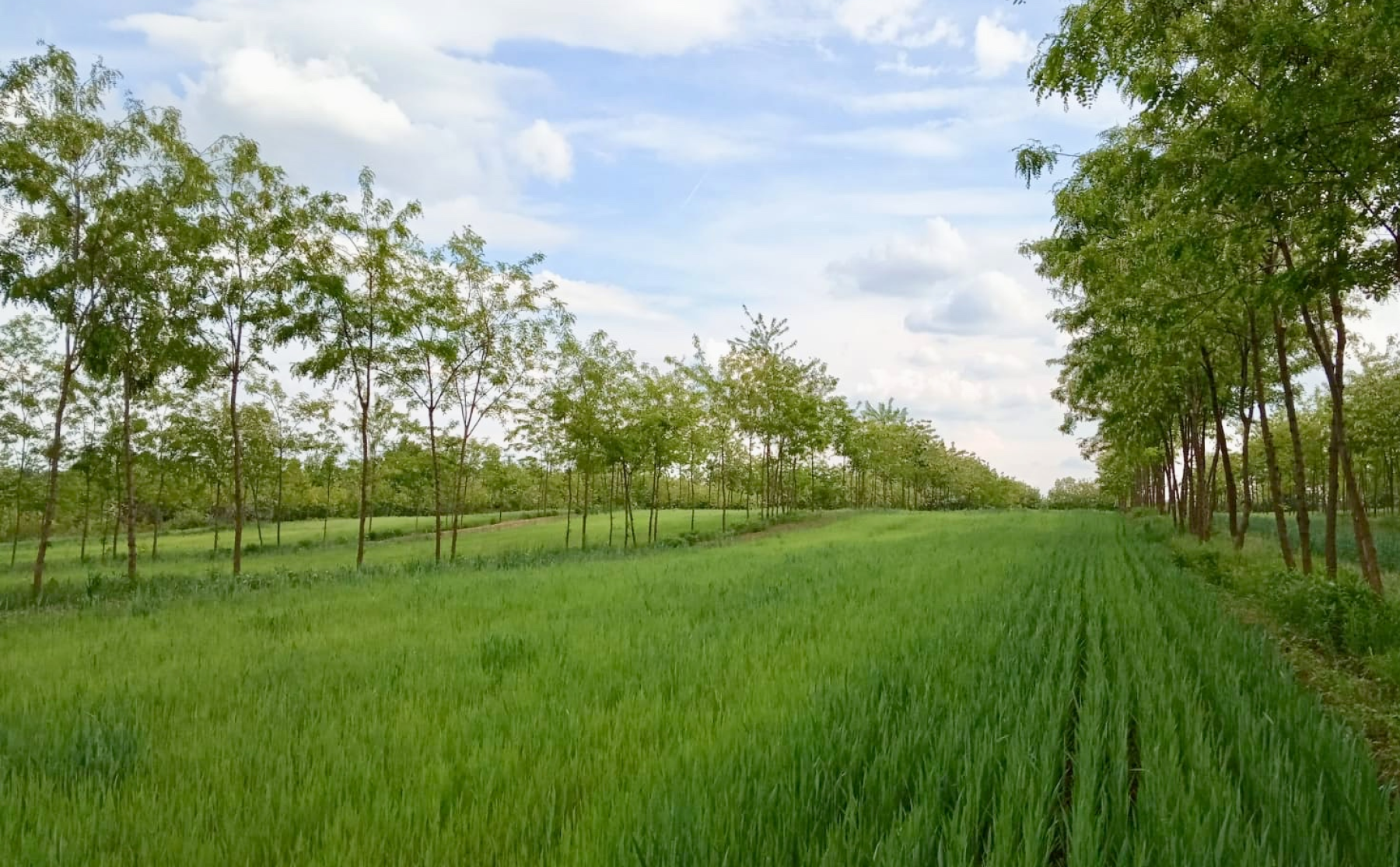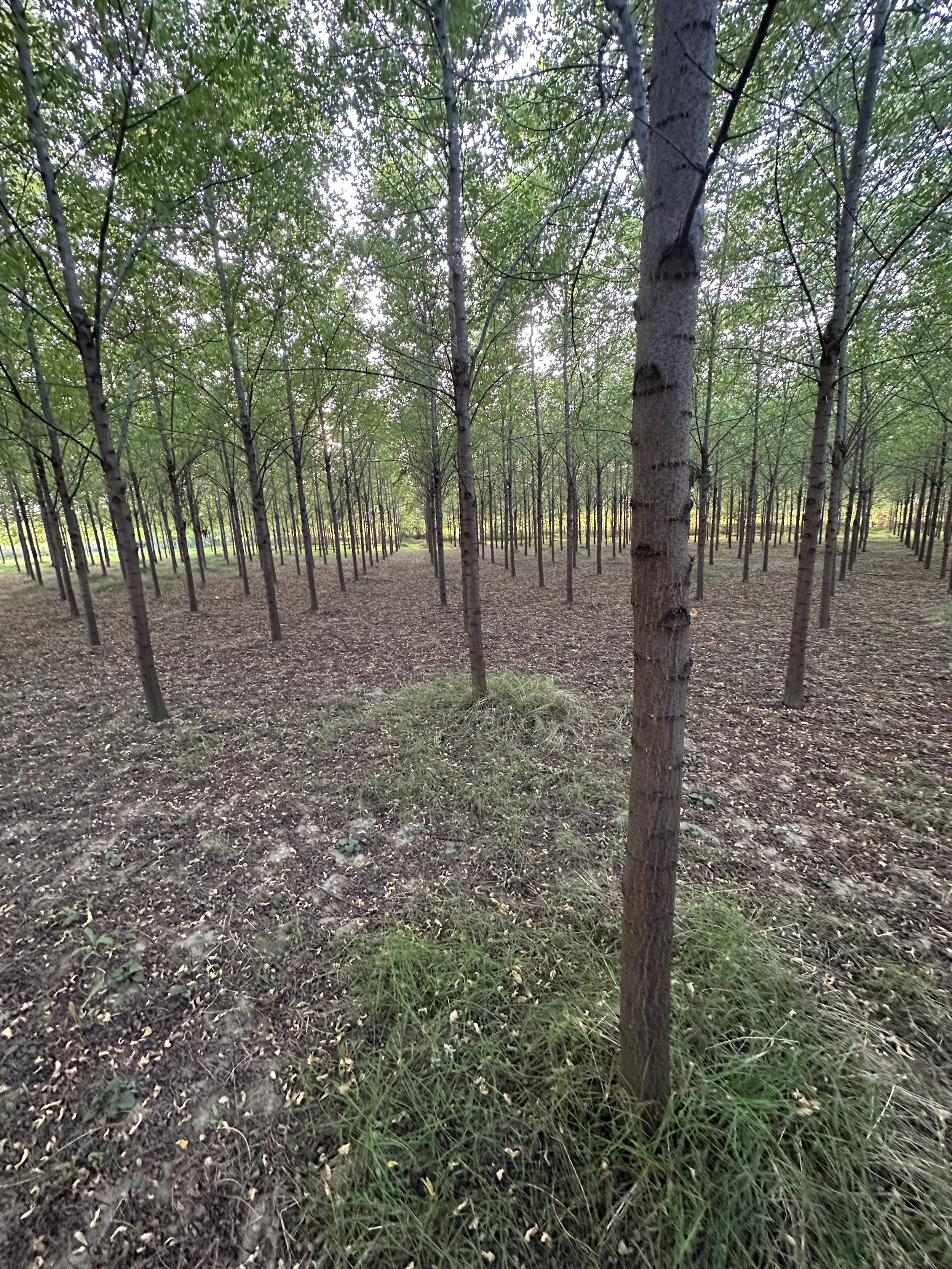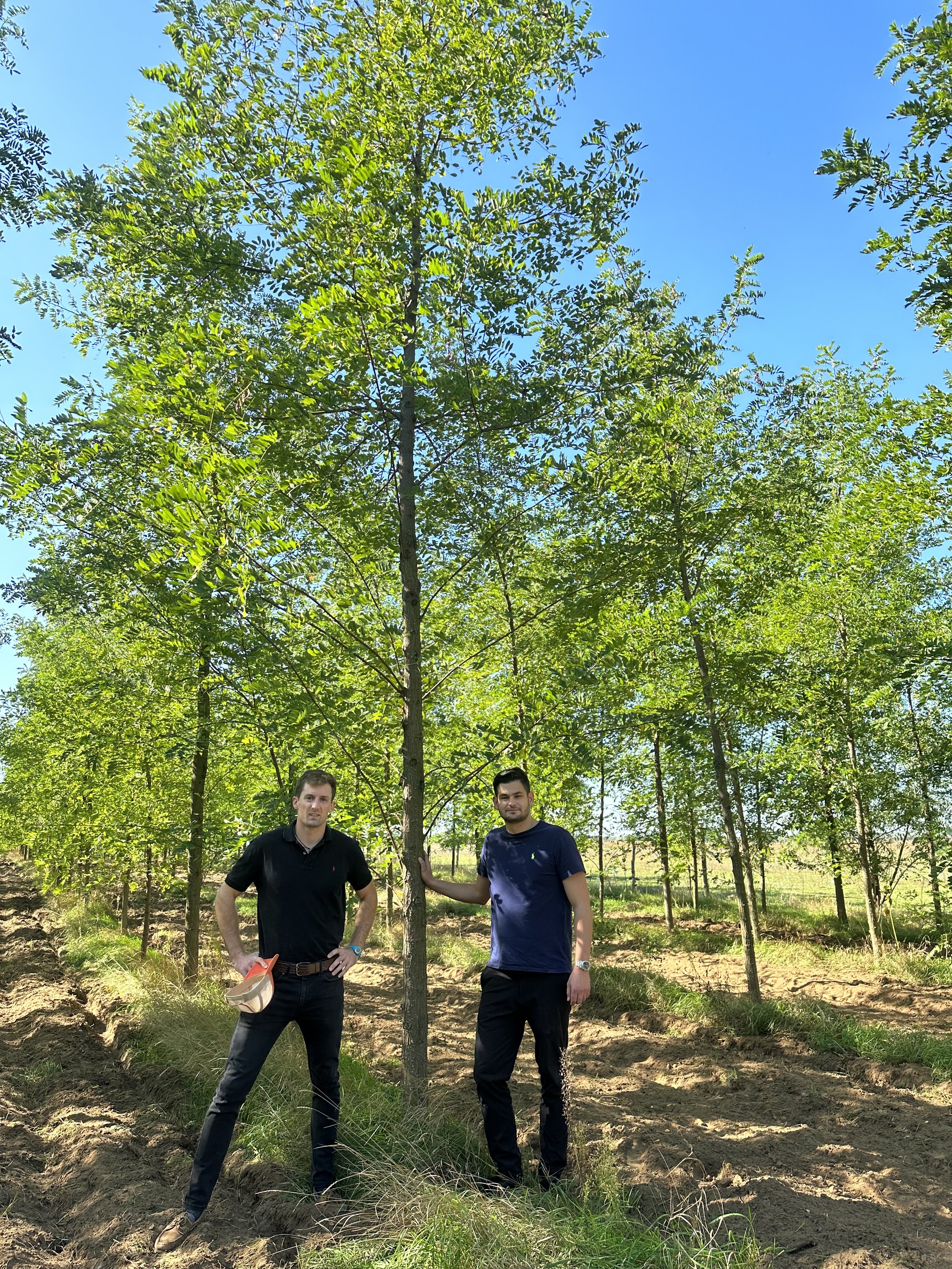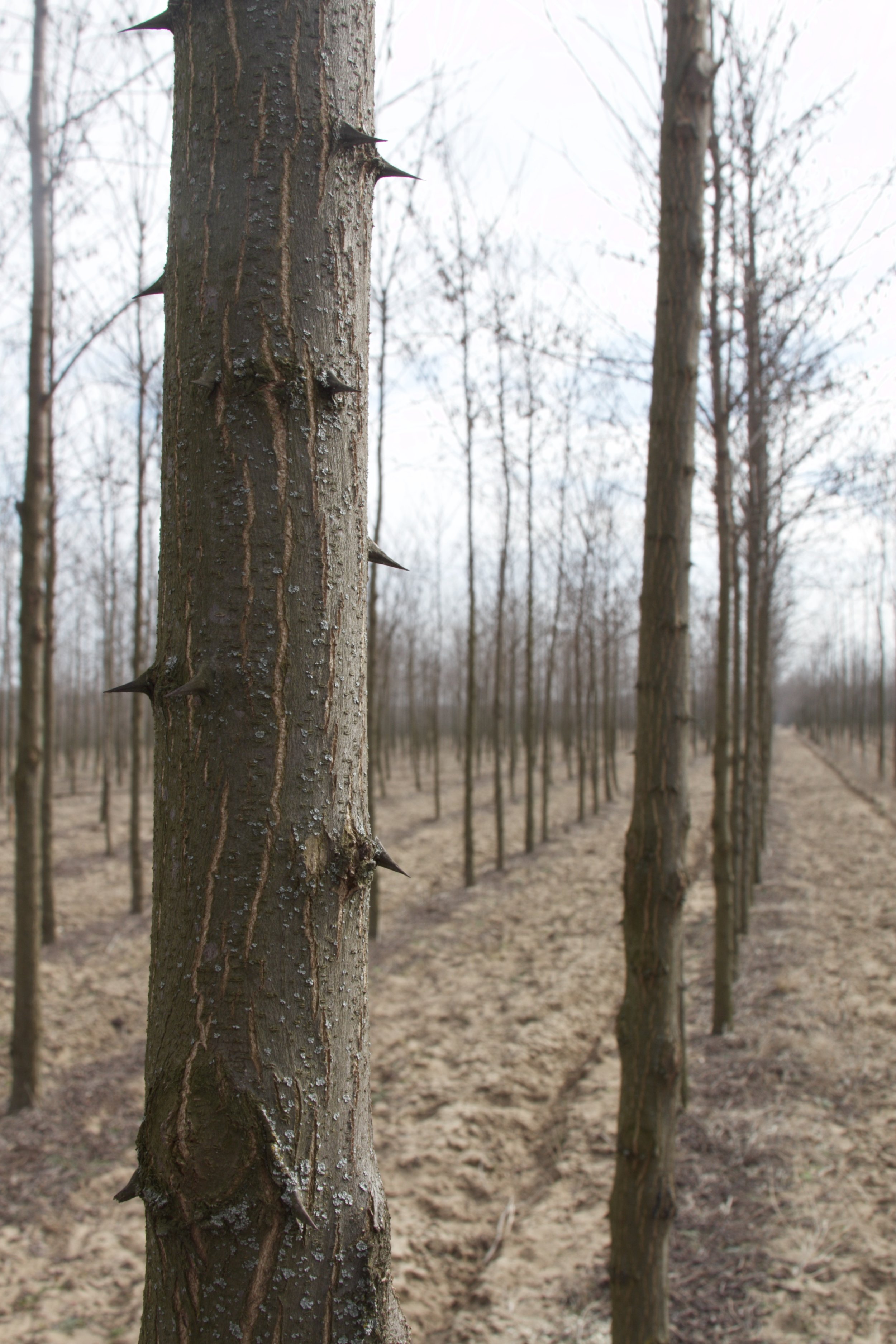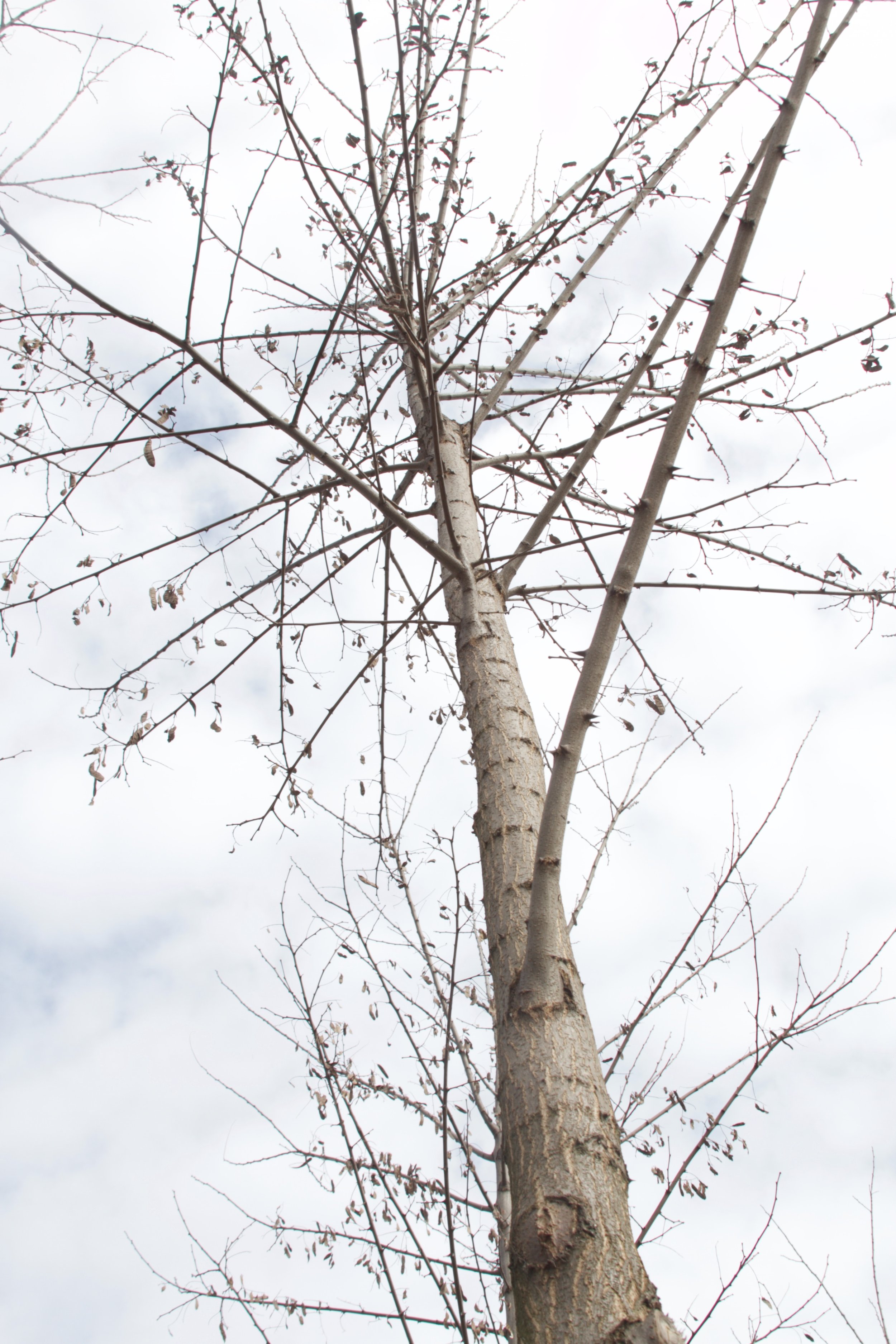Propagate and Silvanus Forestry Partner to Scale Black Locust Agroforestry
Propagate and Silvanus Forestry are excited to announce a new strategic partnership to scale black locust agroforestry and plantation forestry in the United States. Utilizing black locust in agroforestry practices will provide landowners with an option for profitable long-term carbon sequestration — through quality timber production that minimizes waste wood. This past November, Propagate secured an exclusive license to the Turbo Obelisk variety group, a line of elite Robinia pseudoacacia genetics that will serve as a catalyst for black locust agroforestry.
The Turbo Obelisk exhibits a straight growth form and an exceptional growth rate, which together can decrease a traditionally 30-year harvest rotation down to 20 years or fewer, significantly increasing the timber value created.
Black locust is a fast-growing hardwood, native to the midwest and eastern United States. It is 30% stronger than white oak, and lasts for 30+ years in contact with the soil. Though black locust is an incredibly useful wood, the supply in the United States does not satisfy the demand, because wild-grown trees often exhibit too much curvy to send to a sawmill. Locust lumber prices reach those of black walnut, and with the tree reaching sawlog size in one third of the time, the species is at the forefront of market-driven climate solutions in cold, humid climates.
Propagate plans to use the Turbo Obelisk in a variety of agroforestry practices including silvopasture, windbreaks, and riparian buffers. These practices support landowners with new income from timber harvests while providing a number of valuable ecosystem co-benefits. Black locust stabilizes soil, provides shade for livestock, fixes nitrogen, attracts and supports pollinators, and can prevent excess runoff to surrounding bodies of water. Silvopasture in particular provides a significant opportunity. The Nature Conservancy and Propagate recently published research showing that black locust silvopasture could scale to 320,000 acres over the next few decades.
Propagate Chief Research Officer, Harry Greene commented: “This is the leverage point. We at Propagate have been working with black locust for about 10 years now, and the crop is ready to scale. Silvanus has been incredibly supportive in our efforts to further commercialize the species.”
Silvanus Forestry was founded by Jenő Németh in 1980 (as Silvanus Group), initially working in both forestry and the production and sale of ornamental plants. Imported to Europe in 1601 by French Botanist Jean Robin, Robinia pseudoacacia now makes up 25% of Hungary’s forest area. In 1990, Silvanus began research and development in black locust genetics, with 50,000 progeny-tested seedlings from elite and improved parent trees. The best specimens showed a 100-200% increase in growth rate after 14 years. These trees served as the groundwork for Silvanus’ continued research and selection of a handful of outstanding clones that exhibit a straight growth form and reach up to 13-15 inches DBH after only 15 years. Propagate has imported the Obelisk Group back into North America, under an exclusive license in the United States.
“We are very excited to begin this new phase of commercialization with Propagate.” says Márton Németh, managing director of Silvanus Group. “It is wonderful to find like-minded people who are working on solving the same global problems halfway across the world. We believe that long-term carbon sequestration is the only way forward and that this can only be achieved by the appropriate varieties as well as plantation technologies.”
Looking ahead, Propagate and Silvanus Forestry will continue to educate landowners on black locust applications, management, and the financial programs available to support successful land transitions. It’s important to note that despite the economic and ecological advantages mentioned above, there is typically a need for capital to successfully transition to agroforestry practices. Fortunately, programs like the Expanding Agroforestry Project are helping ease the financial burden.
Propagate is a software, project development, and financing ecosystem that makes it easy for landowners to transition acreage into agroforestry. They provide access to agronomic insights, technical assistance, and financing so that farms can reduce risk while integrating fruit, nut, and timber trees with livestock or crop farms. Propagate currently advises on 50,000+ acres of agroforestry, supporting over 3,000,000 trees & shrubs. Propagate also actively manages over 2,500 commercial acres and growing, through its regional agroforestry hubs in New York State and Kentucky. Learn more at www.propagateag.com.
Silvanus Forestry specializes in biomass and industrial wood production plantations and the utilization of low quality, marginal soils in areas with low precipitation. They provide a solution for climate change adaptation and mitigation by applying climate-smart plantation forestry in challenging conditions. Their selectively bred 'Turbo' and 'Turbo Obelisk' Black Locust grows uniquely fast, developing a straight stem with more than a doubled CO₂ sequestration capacity compared to traditional Robinia pseudoacacia. Silvanus Forestry currently has about 70 hectares of planted and maintained forest in Hungary on the privately owned lands of the Silvanus Group.

